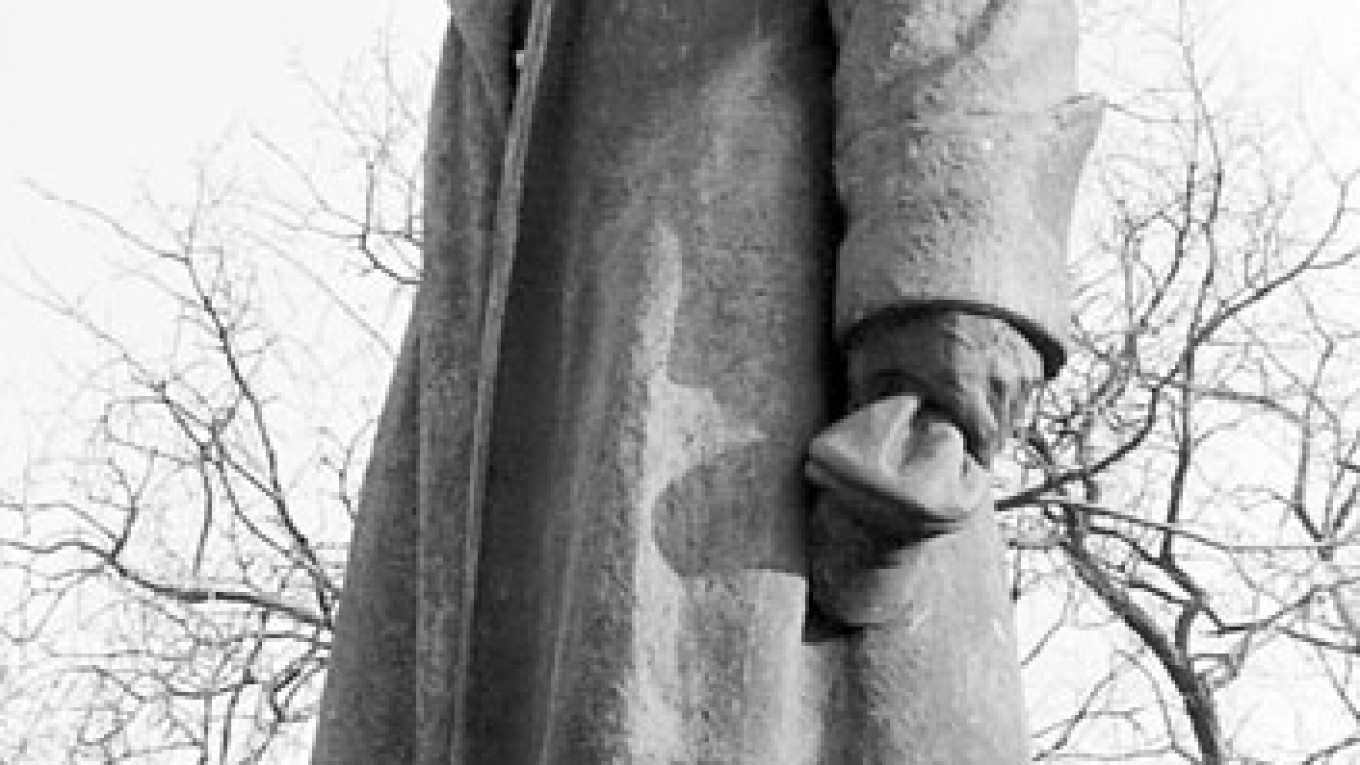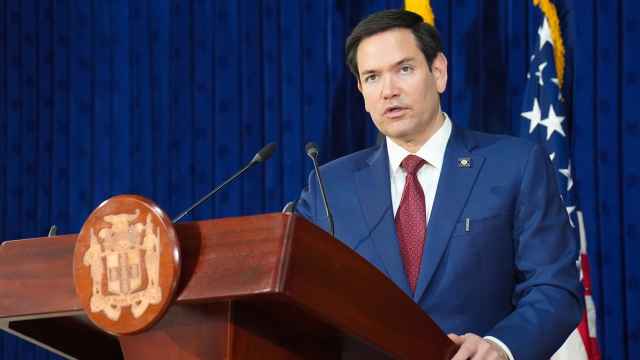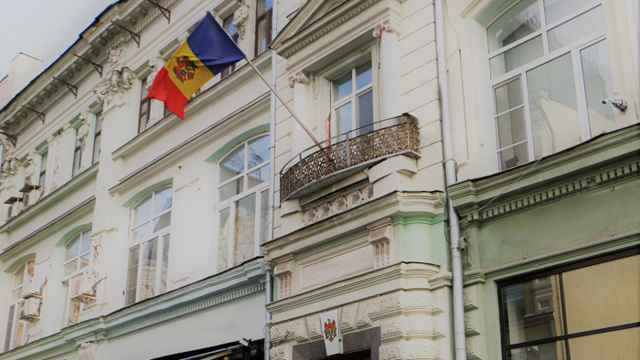President Vladimir Putin signed a decree restoring the title "Dzerzhinsky Division" to an elite police unit that was previously named after the founder of the Bolshevik secret police, the Interior Ministry's internal troops press service said Monday.
Felix Dzerzhinsky founded the Cheka, a security apparatus notorious for orchestrating mass summary executions during the Russian Civil War and the Red Terror. Established in 1924, the unit bore his name from 1926 until 1994, when its name was changed to the Independent Operational Purpose Division, the press service said. The Dzerzhinsky Division ensured security at the Potsdam Conference of 1945 and the 1980 Moscow Summer Olympics. It was also dispatched to the restive regions of Nagorno-Karabakh, North Ossetia and Chechnya upon the demise of the Soviet Union.
Today the unit is tasked with maintaining public order in Moscow and the surrounding region, as well as in the North Caucasus.
Dzerzhinsky's name and image have become a highly contentious issue in modern Russia.
Earlier this month, members of the Communist Party erected a plaster monument to Dzerzhinsky in front of the FSB's headquarters — the infamous Lubyanka — in downtown Moscow to mark the 137th anniversary of his birth.
A 15-ton sculpture of Dzerzhinsky stood in front of Lubyanka from 1958 until 1991, when it was toppled by protesters. There are periodically calls for the statue of the controversial figure to be returned, though so far they have not been successful.
A Message from The Moscow Times:
Dear readers,
We are facing unprecedented challenges. Russia's Prosecutor General's Office has designated The Moscow Times as an "undesirable" organization, criminalizing our work and putting our staff at risk of prosecution. This follows our earlier unjust labeling as a "foreign agent."
These actions are direct attempts to silence independent journalism in Russia. The authorities claim our work "discredits the decisions of the Russian leadership." We see things differently: we strive to provide accurate, unbiased reporting on Russia.
We, the journalists of The Moscow Times, refuse to be silenced. But to continue our work, we need your help.
Your support, no matter how small, makes a world of difference. If you can, please support us monthly starting from just $2. It's quick to set up, and every contribution makes a significant impact.
By supporting The Moscow Times, you're defending open, independent journalism in the face of repression. Thank you for standing with us.
Remind me later.






